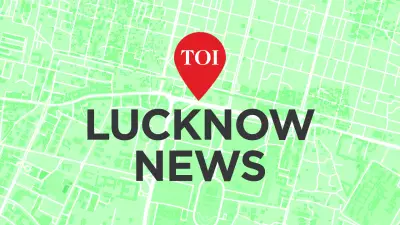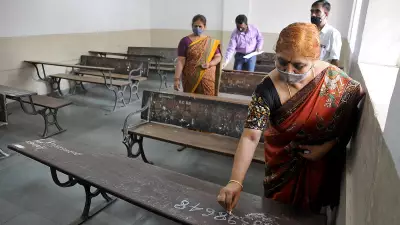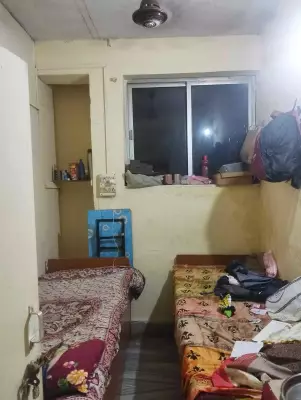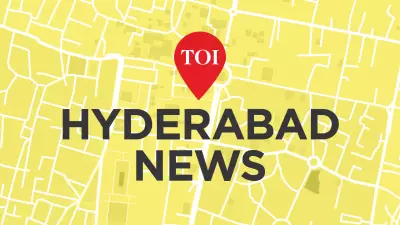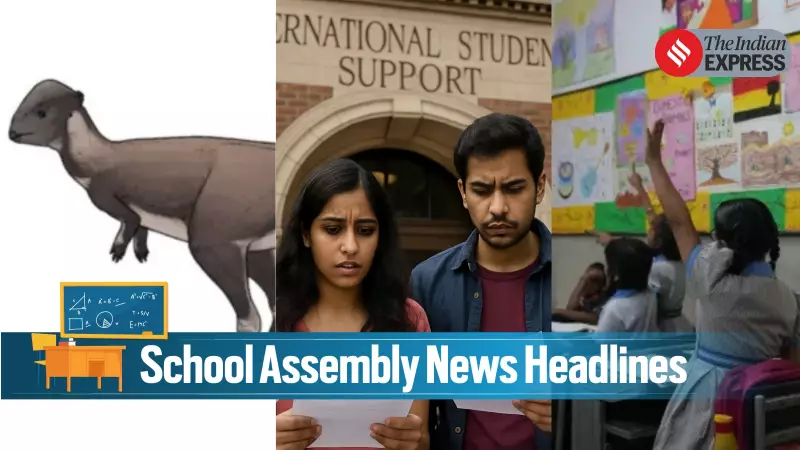
In a significant move that could reshape India's educational landscape, the All India Council for Technical Education (AICTE) has officially recognised Class 10 and 12 certificates from the National Institute of Open Schooling (NIOS) as equivalent to those from traditional formal schooling systems.
Educational Reforms Take Center Stage
This landmark decision opens up new pathways for NIOS students, particularly those seeking admission to technical education programs across the country. The equivalence means NIOS graduates can now pursue technical courses without facing the previous barriers that limited their educational opportunities.
Google's AI Revolution Reaches Indian Classrooms
In parallel technological developments, Google has launched its groundbreaking AI Hub in India, positioning the country at the forefront of artificial intelligence education. This initiative promises to democratize AI learning, making advanced technological education accessible to students and educators nationwide.
The AI Hub represents Google's commitment to fostering digital literacy and technological innovation within Indian educational institutions, potentially transforming how students engage with cutting-edge technology.
Political Developments and Legal Proceedings
On the political front, Tejashwi Yadav, Rashtriya Janata Dal (RJD) leader and former Deputy Chief Minister of Bihar, faces renewed scrutiny as the Enforcement Directorate issues fresh summons in connection with an ongoing land-for-jobs case investigation.
Sports: India vs Australia ODI Series
Cricket enthusiasts have reason to celebrate as Team India prepares to clash with Australia in a highly anticipated three-match ODI series scheduled to commence on September 22. The sporting event promises thrilling competition as both teams vie for dominance in the limited-overs format.
Broader Implications for Indian Education
The AICTE's decision to grant equivalence to NIOS certificates marks a progressive step toward inclusive education, acknowledging diverse learning paths and validating alternative education systems. This development is particularly significant for:
- Students from remote or underserved areas
- Learners requiring flexible education schedules
- Those pursuing education alongside other commitments
- Students seeking second chances in their academic journeys
These collective developments signal a transformative period for Indian education, technology integration, and sports, creating new opportunities for students and professionals across the nation.

